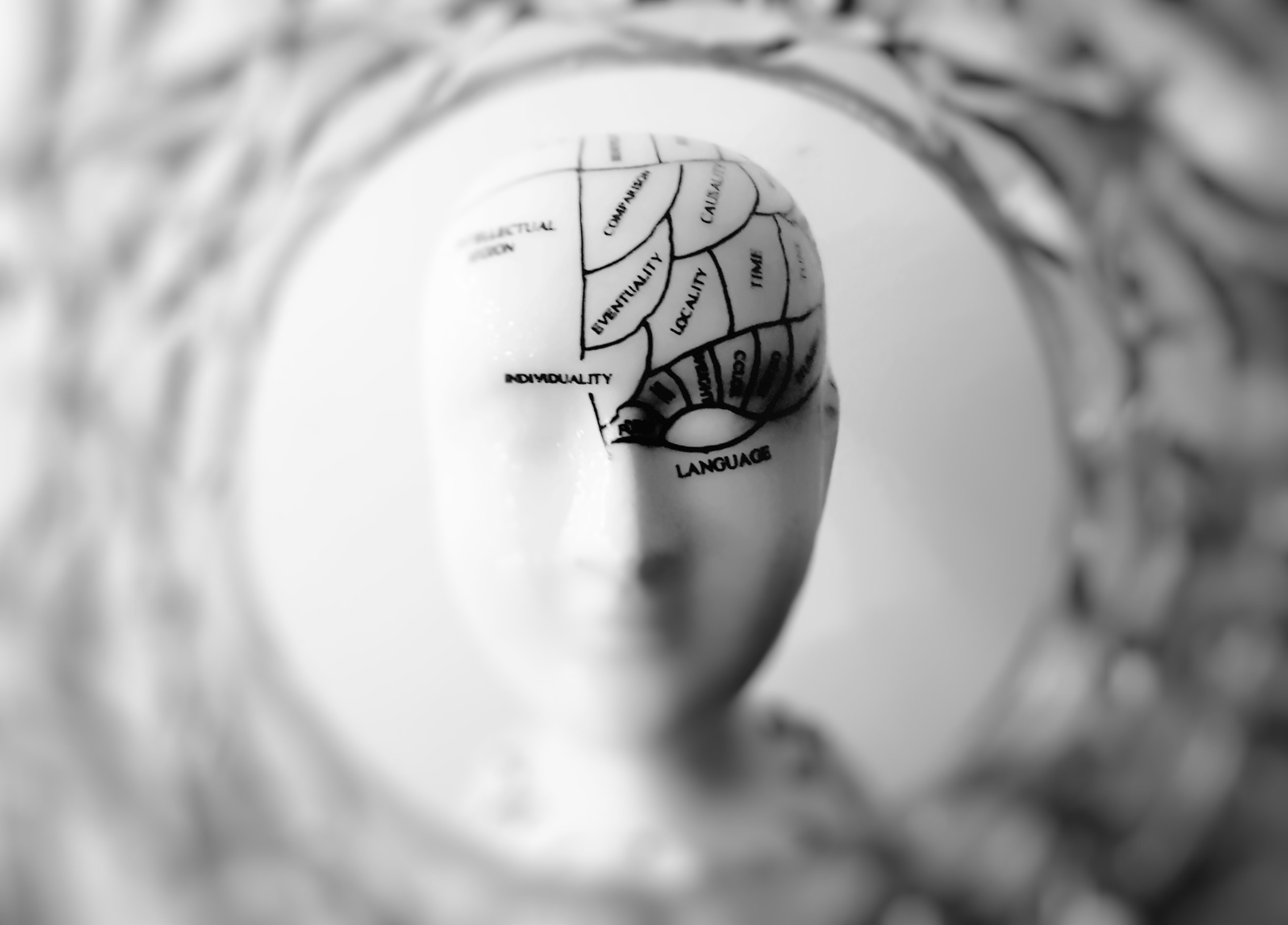Well, it’s about time...
10 Oct, 201810 minsGiven that today is World Mental Health Awareness Day, I thought I’d spend a bit of ti...

Given that today is World Mental Health Awareness Day, I thought I’d spend a bit of time talking about a topic that’s so important to all of us.
While we’ve made significant strides, certainly in terms of raising awareness of and supporting the wellbeing of our workers, we as organisations still have much to do to better understand these issues.
We all know that a bit of stress is harmless enough, but this can quickly escalate and spiral out of control – that’s when it can become a problem. It’s not just the pressures of work but family or other events that can have such a detrimental effect on all areas of our lives. The long hours working culture that we have in the UK has led to rising absence levels, costing the economy billions of pounds in lost productivity.
Two of the big culprits are ‘presenteeism’ (people working when unwell) and ‘leavism’ (people working during their time off). According to the CIPD’s 2018 UK Working Lives report, only a quarter said that steps have been taken to discourage presenteeism. The average level of employee absence has risen to 6.6 days per year (8.5 in the public sector). Nearly 4 in 10 (37%) revealed that stress-related absence had increased over the past year.
Mental strength
Clearly, organisations have a responsibility towards their employees. Whether it’s flexibility or creating a supportive working environment for our people, there are many different things we can do to ensure that everyone can achieve a healthier work-life balance. For example, we provide our staff with fresh fruit, gym membership and cycle to work schemes.
But it goes far beyond simply providing employee benefits. Communication and autonomy are key in making people feel more engaged, as well as trusting and valuing individual’s contributions. We must also banish the stigma that’s been attached to mental health for far too long now, and which often makes people frightened to talk about their problems for fear of reprimand or even losing their jobs.
We’re planning a special day here at Roc, preparing lots of material for our staff, focusing on their mental and physical wellbeing, while also looking at ways in which we can improve as an organisation. It’s important that we make mental health awareness an integral part of our working lives. Not just today, but every day.
As the CIPD’s report rightly concludes, ‘being well is working well’.


